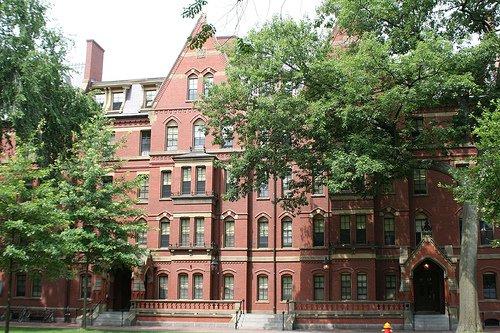Thesis Follies

Steve Sailer darkly hints:
I hear Stanley Kurtz has been in Illinois digging up Obama's paper trail for upcoming articles in the Weekly Standard and National Review. I have no idea what he's found, but it's certainly about time that somebody went looking.
Meanwhile, Noam Scheiber writes about reporters' efforts to get their hands on a copy of Barack Obama's senior thesis, all copies of which have apparently gone missing from Columbia. The thesis was about nuclear negotiating strategies of the United States during the Cold War, and Obama's professor says it's unlikely to be controversial, and Noam concedes that it's an "exceedingly small deal" but still that "your default posture as a journalist, rather than a partisan or an operative, is that you always want more insight into the person your covering. I don't think it's at all unreasonable for us to push to see a project that Obama labored on for a year."
This is worth wondering about. When I was in college, I wrote a senior thesis. It was even, in a sense, on a politically relevant topic having to do with John Rawls' Political Liberalism. You might think that if you really wanted to understand what I thought about certain political issues you'd need to dig up that paper to gain some insights. But realistically, insofar as I can recall what the thesis said (I don't have a copy, but I believe it's in the university archives) it says stuff I don't believe anymore. If you really want to gain additional insights into what Matt Yglesias thinks about the issues, you should probably read my frequently updated blog.
Similarly, if you want to know what Barack Obama thinks about arms control you should listen to his speeches about arms control, look at his record in the United States Senate, and perhaps look at the stated views of some of his close associates on these matters. Just like the secret key to understanding John McCain's foreign policy views is to read the various major foreign policy speeches his given over his past ten years' worth of presidential campaigning and, again, look at the record and stated views of his associates. Journalists pride themselves on their sleuthing abilities -- trying to find new information and bring it into the public record -- but when you're talking about public officials the odds are that the most important information about their character and their policies is going to be the stuff that's already a matter of public record. An old college paper is just an old college paper.
Photo by Flickr user Mr. Littlehand used under a Creative Commons license